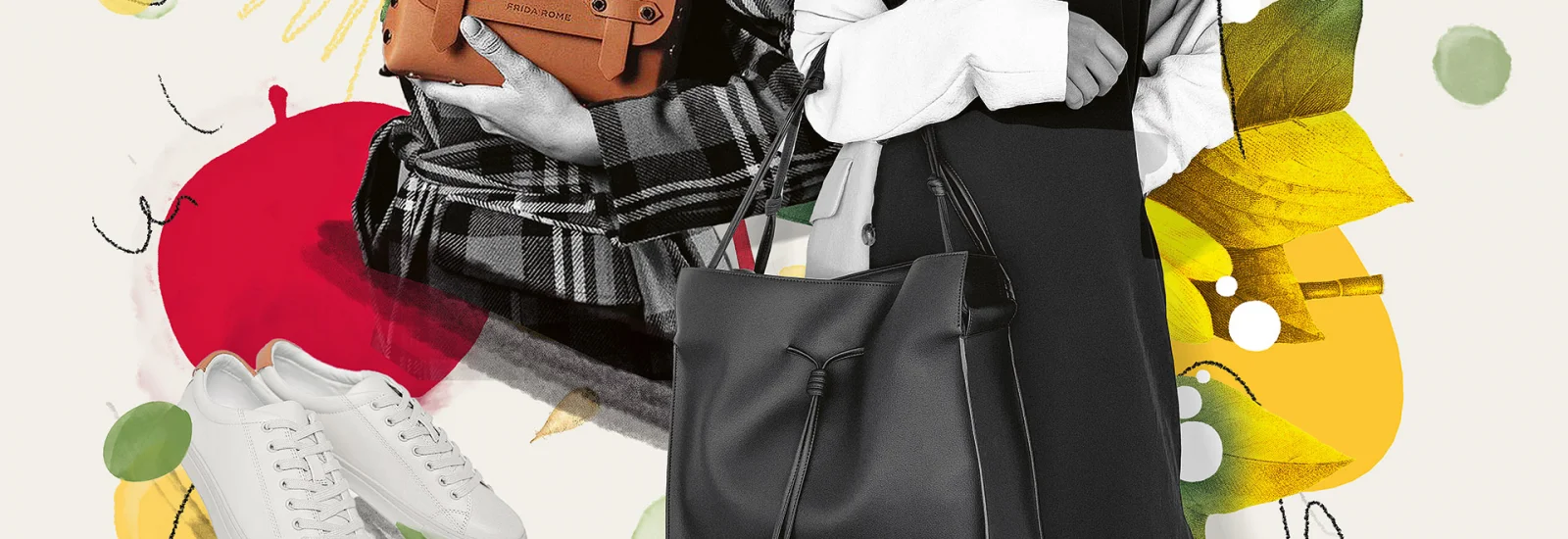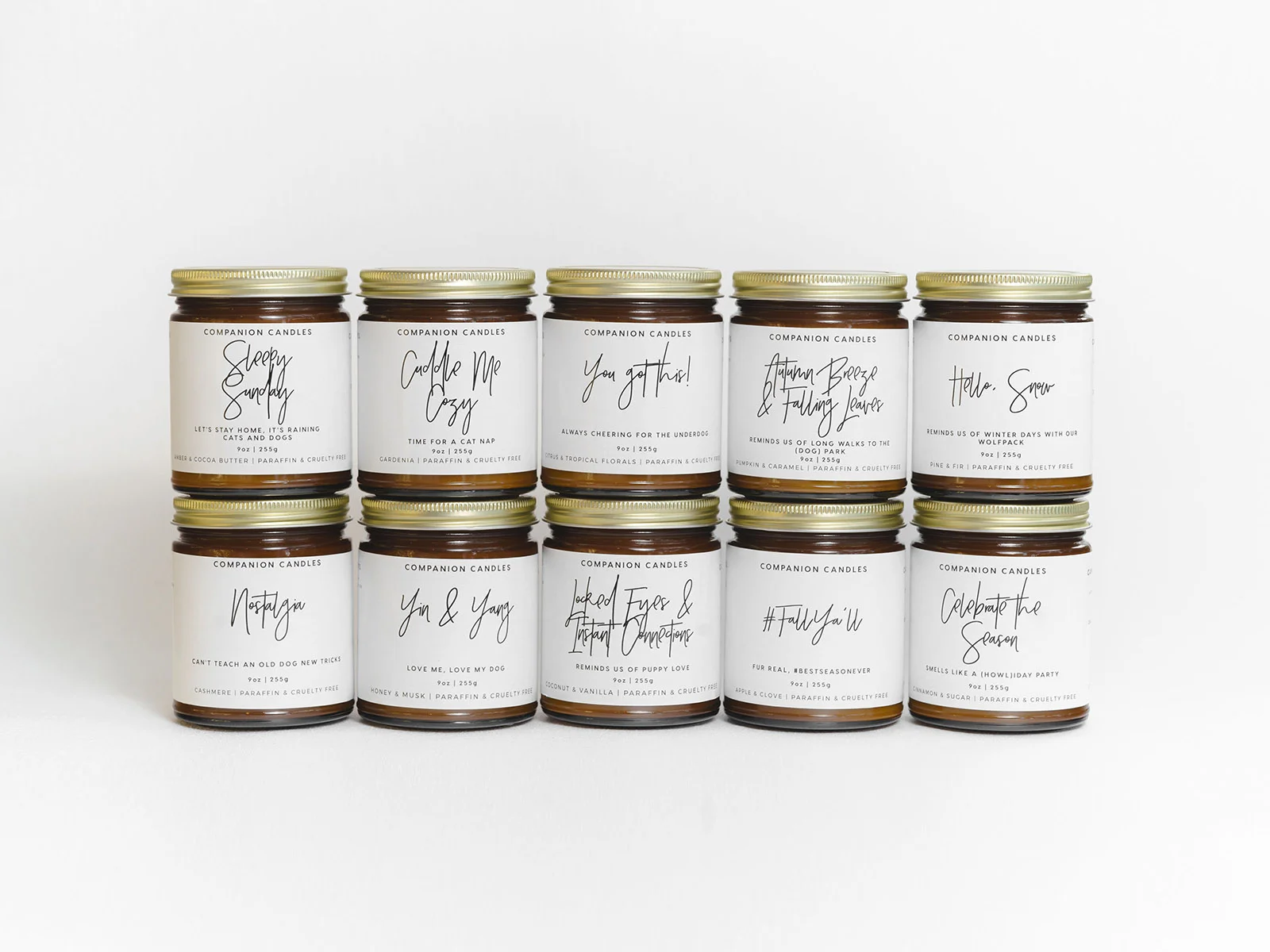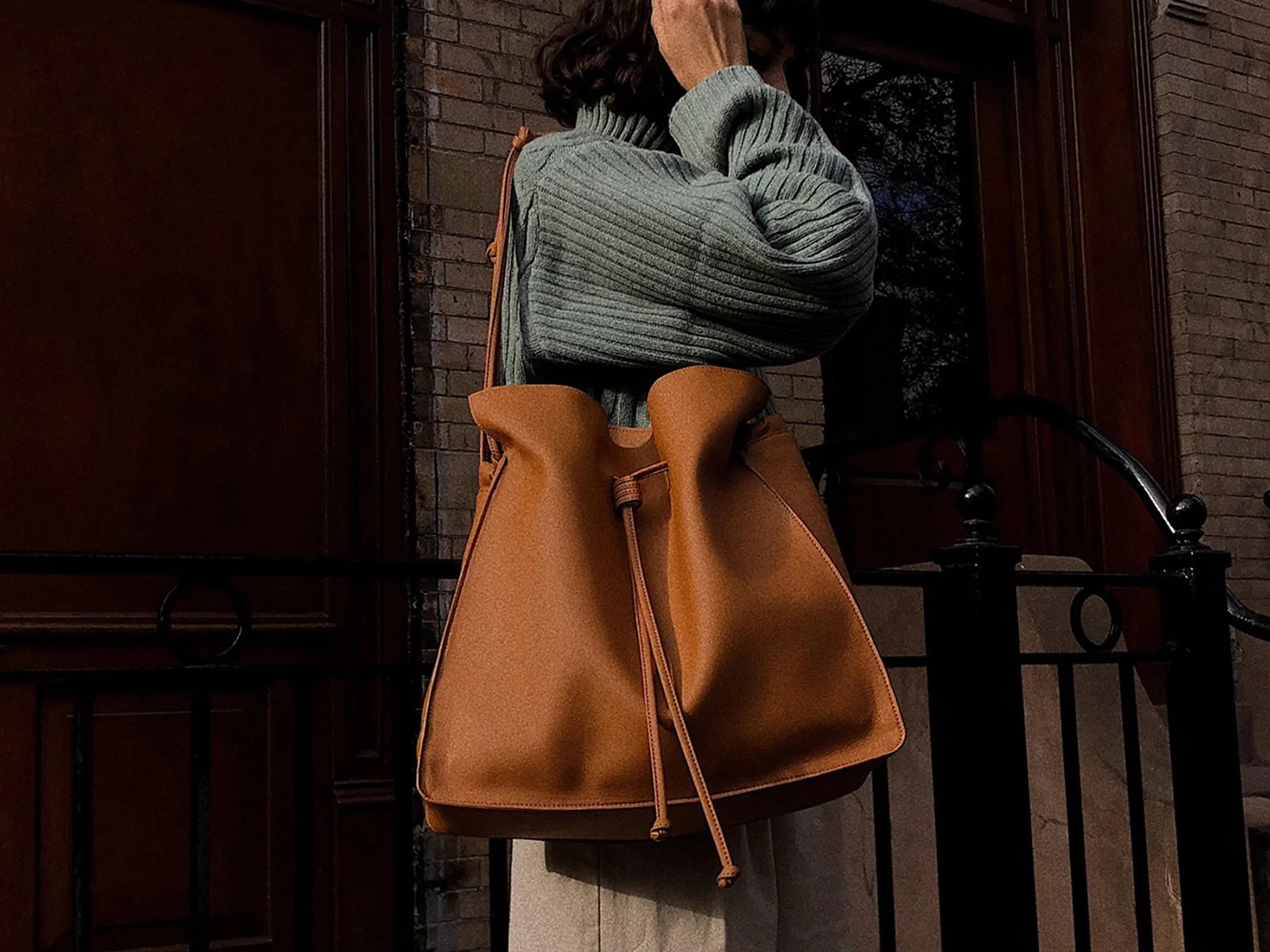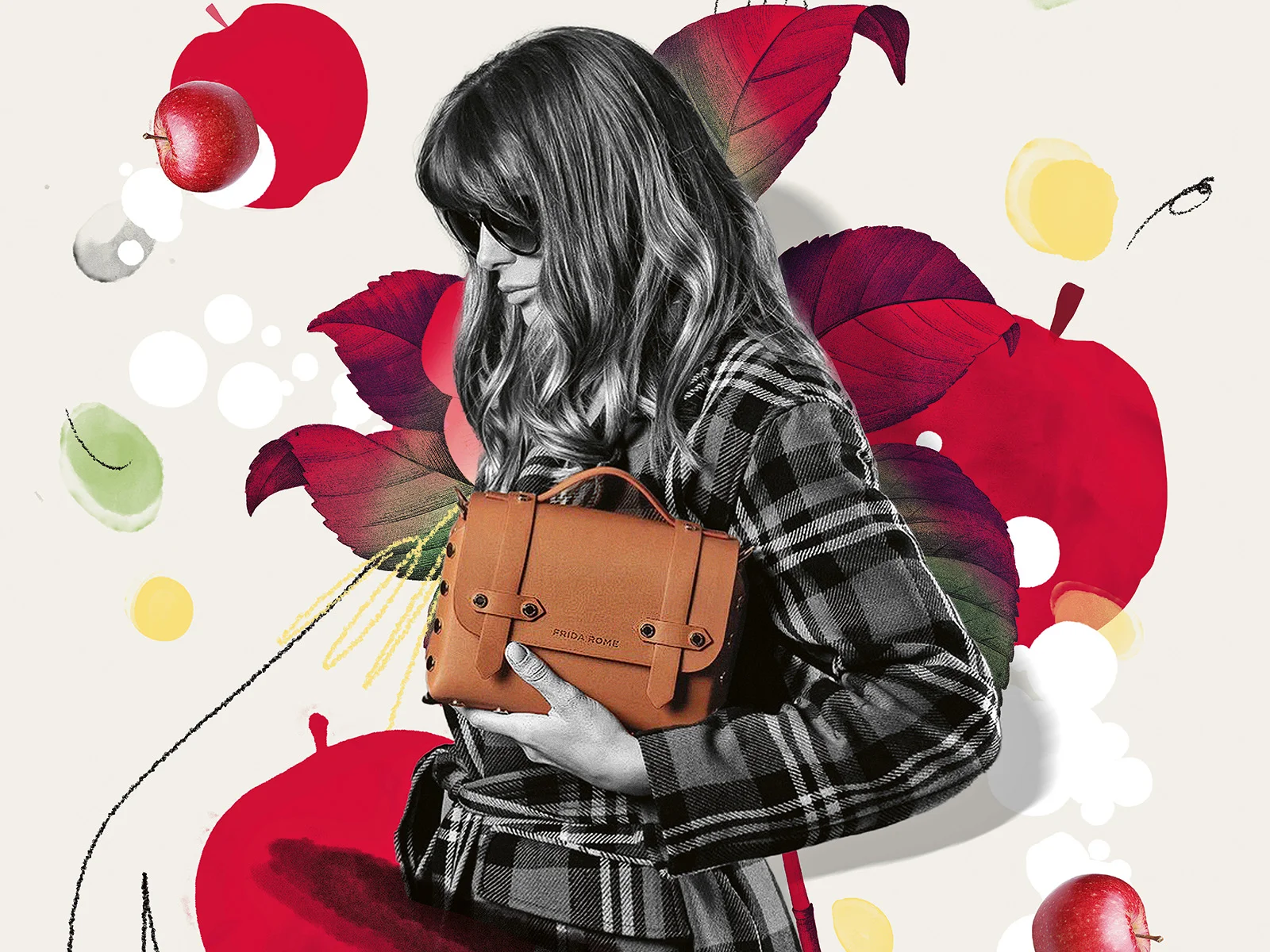Companion Candles have dog-themed names and taglines. “I love you, I love you! I am fur-ever yours” adorns the pot of a santal-scented offering, while a hydrangea and vanilla candle declares “Anywhere with you. Completely mutts about you.” Mylo and other furry friends regularly appear on Lewin’s marketing materials.
All Companion Candles are made in the United States and are free of paraffins, phthalates, preservatives, and many common toxins. There are no additives or dyes and their wooden wicks are eco-friendly, clean-burning, and made from FSC-certified wood. In line with ethical living, they are also cruelty-free—while many other candles contain beeswax, tallow, or stearic acid derived from animal fats, Lewin’s are entirely plant-based.
“There is a growing awareness of animal welfare and the ethical concerns surrounding the treatment of animals used for food, clothing, and other products,” Lewin believes. “As a result, more people are choosing to purchase vegan and cruelty-free products as a way to align their values with their purchasing decisions.”











